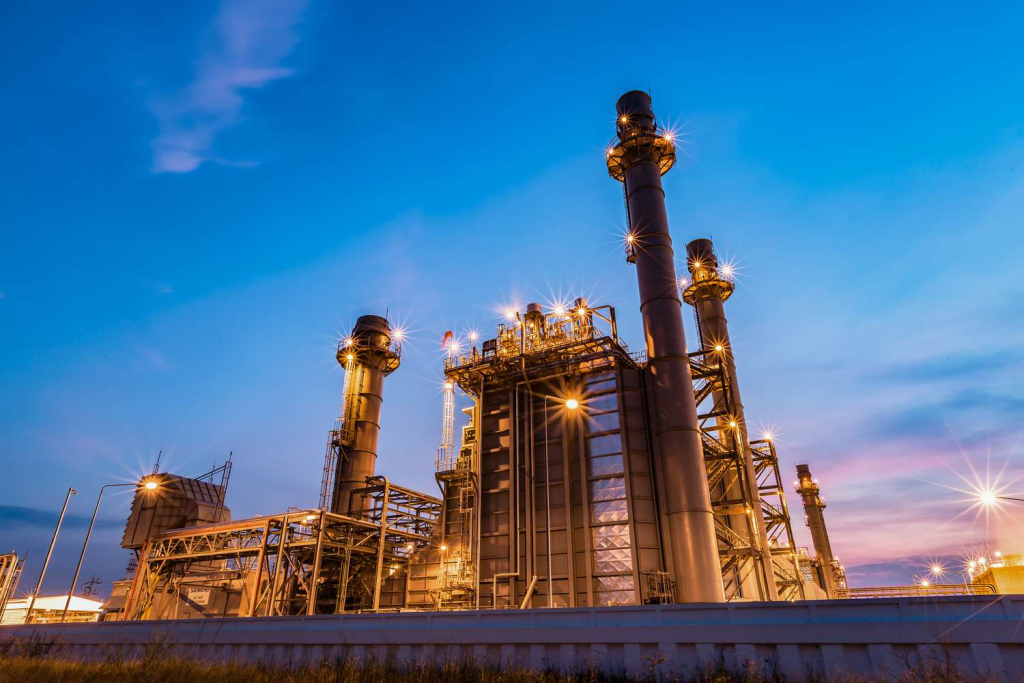OPEC+ postponed its oil supply hike by two months, but the move wasn’t enough to roll back steep losses in crude prices amid fears about fragile demand.
Key coalition members won’t now increase production by 180,000 barrels a day in October and November, according to a statement on OPEC’s website. Yet their longer-term plan to revive 2.2 million barrels a day of idle supplies gradually over the course of a year remained in place, with the completion date pushed back two months to December 2025.
Oil showed little reaction to the news, with prices remaining near $73 a barrel in London. A delay doesn’t change many factors in the market that are unfavorable to OPEC, said Julius Baer analyst Norbert Ruecker.
“Demand is partially stagnant, production grows in the Americas,” Ruecker said. “The oil market will likely head into surplus supplies next year.”
OPEC’s rethink came after downbeat economic data from China and the US — the biggest consumers — sent crude prices below $73 a barrel earlier this week, reaching the lowest since late 2023. The decline offers consumers some relief after years of rampant inflation, but leaves prices too low for the Saudis and others in the Organization of Petroleum Exporting Countries to cover their government spending.
With some members keen to ramp up supply, OPEC+ had agreed in June on a road map for gradually restoring supplies halted since 2022. But it vacillated as soon as the plan was unveiled, repeatedly stressing the increases could be “paused or reversed” if necessary. A major output disruption in Libya had seemed to offer the group led by Saudi Arabia and Russia the space to go ahead, but it opted instead for caution.
“OPEC+ faced a binary choice between delaying tapering and enduring a disorderly crude price rout,” said Bob McNally, president of consultant Rapidan Energy Group and a former White House official. “It appears to have chosen the former.”
While Brent futures have stabilized, the international benchmark remains near $73 a barrel, a reflection that the alliance’s delay amounts to only 360,000 barrels a day in paper — and likely less in reality — in a global market that burns through more than 100 million per day.
Oil prices at these levels will provide some relief to central banks as they ease interest rates, and could even play into the US election campaign.



